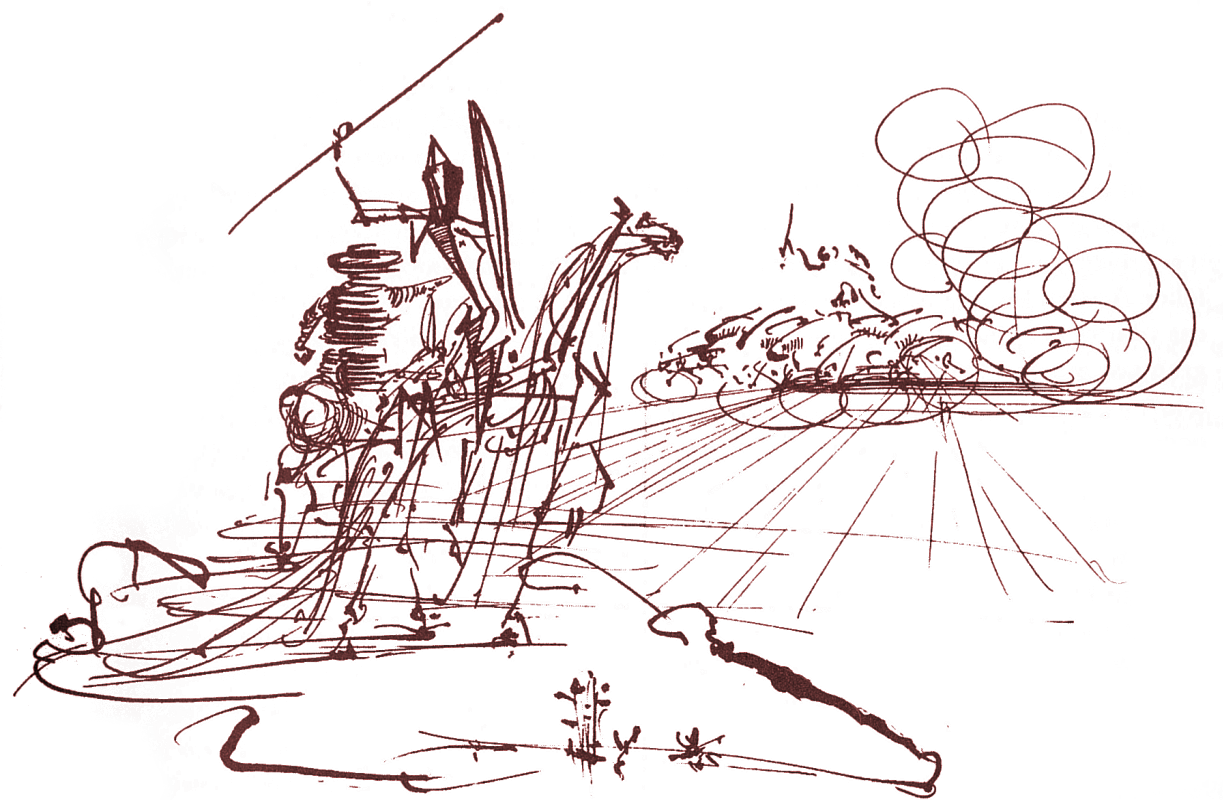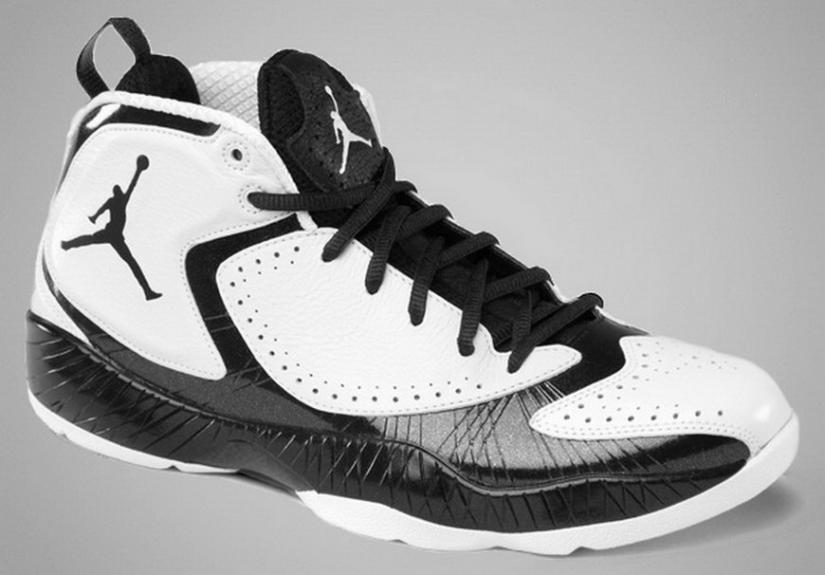I am in the process of articulating an account of my experience as a white cis male rooted in solidarity with struggles to end racism, sexism, classism, and homophobia.
I believe that the white experience must be interpreted. Much of what we as whites have experienced was interpreted in real time through the lens of white supremacy. But as a writer and liberationist, I do not believe I can leave my experience behind, condemned. And so I will be unpacking my own accounts of race in order to cut to the quick of the white identity that formed Trumpism.
But I am nothing alone. I require my community to become whole and to inform me when I am in error. So it is with this hopefully genuine posture of humility that I speak, to listen carefully and seek dialog.
There are two pathological stories in this country for whites confronting race: white rage and white guilt.
I will write today of white rage.
Somewhere along the line, I learned that racism was over. Nobody told me that. But I learned that the way we get over race was by pretending it didn't exist. Even so, it still was wisdom to lock your doors when a black man crossed the street in front of your car.
Our public school was crowded, multiracial, and multi-class. In the hallways, I was clumsy. It seemed to me that whenever I trod on a black person's shoe, they would turn around and say something like, "Watch where you fucking step, white boy." Sometimes they would offer to fight me. I was pugnacious and accepted sometimes. To me, this "white boy" epithet was a violation of the principal of the race-blindness that was supposed to end racism.
Whiteness tells us to ignore our own ethnic identities and become white. Whiteness tells us to ignore the ethnic identities of others. Whiteness tells us that we should all become white and assimilate. That we should simply stop being a separate culture. That it is our behavior itself that is the obstacle to our acceptance in white society.
But let us unpack this shoe story further. For many people, a valuable shoe shows rank and status. You carry that status with you, you keep it clean. It's a symbol of liberation from poverty and racism. Now, some person, a white boy no less, affronts the dignity of your liberation from poverty? Hell no.
To understand this I would have had to develop an understanding outside my race, class, and subculture. I was, after all, grunge. I was in revolt against white niceness. I was in a half-acknowledged revolt against classism. I dressed like I was ostentatiously poor, and I found the culture of fancy shoes totally absurd. Through that, I did learn what it meant to be followed in stores, not because of my race, but because of my chosen garb. I learned what it meant to be arrested for drugs. And I learned what it meant to escape a life in prison because of a petty juvenile drug crime. Many black men do not escape.
For many sheltered whites, a little-understood experience of black rage against oppression is their "first encounter" with race. If we live in the unconscious aegis of whiteness, we are not forced to confront racism. We can deny that it exists.
It is when authorities are out of reach that when we experience black rage: in streets, subways, or public schools. However, black people experience white rage when they go before the principal, when they're arrested, or when they're looking for a job. That's the difference.
In anti-race trainings, we understand racism is prejudice plus the power of a system: the apparatus of society. What we experience in these spaces, then, is not "racism" but prejudice. But even that is a trite label. We are experiencing the direct result of race oppression, felt as a backlash.
But we can see here why white rage turns to authoritarianism. It is in the places where authority structures do not reach that whites are subject to the turning of the tables. Whites who fear black rage, who fear this turning of the tables, want to see white authority police all the ungoverned spaces.
Now, this "uncovering" of race in the absence of authority is an experience of class privilege. For whites in the streets or a prison cell, affiliating with other whites can be a defense against organized black solidarity. For instance, in higher security prisons, black people form their race gang, and white people form theirs. And the black gang is bigger and better organized than the white one. A white or black person may need that protection, because the authorities won't protect you.
But again, why are these spaces majority black? Because of organized and historic societal racism.
But we can see here that not understanding the structure and impact of racism can result in white rage and authoritarianism. And this, I believe, is what is currently happening in this country.








